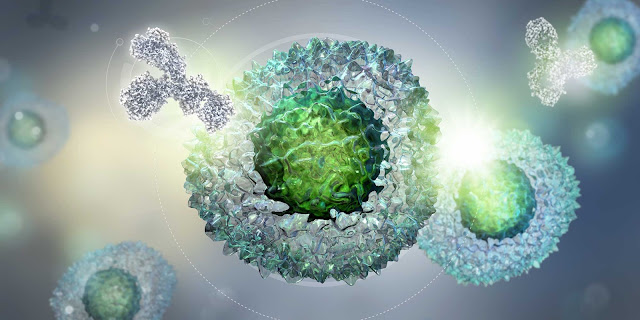Immune Checkpoint Inhibitors Block Checkpoint Proteins from Binding with Their Partner Proteins
Cancer
immunotherapies often use combinations of drugs like immune checkpoint
inhibitors or disease-modifying drugs. One such drug acts directly against a
protein known as CTLA-4, which is a part of the T cells that are responsible
for immunity against diseases like cancer. According to Foundation for Women’s
Cancer, around 5,170 new cases of vaginal cancer are diagnosed each year in the
U.S. Other immune anti-inhibitors act directly against another protein known as
PD-1. Together, these two proteins destroy cancer cells and prevent their
growth. Examples of checkpoint inhibitors include pembrolizumab (Keytruda),
ipilimumab (Yervoy), nivolumab (Opdivo), and atezolizumab (Tecentriq).
Immune
checkpoint inhibitors have now been shown to be very effective in
clinical trials. These drugs, together with the cancer drugs already used in
cancer treatment, have been found to be highly effective in blocking the
biological process of cancer. The cancers, when they first start growing,
replicate rapidly and outgrow the cancerous cells surrounding them. When they
become large enough, they divide and form new cancerous cells. Inhibitors
prevent these cells from dividing and multiplying, therefore, preventing the
disease from progressing.
Immune checkpoint inhibitors block checkpoint
proteins from binding with their partner proteins. Currently, the FDA has
approved several immunomodulators for the treatment of cancer. Different types
of immune anti-inhibitors target different types of cancer cells, allowing the
body to develop a defense against different types of cancer. Immune
anti-inhibitors can be used in combination with chemotherapy, radiation, or
surgery.
Immune
checkpoint inhibitors can be
produced naturally in the body. These checkpoints help keep immune responses
from being too strong and sometimes can keep T cells from killing cancer cells.
Immune anti-inhibitors have been studied extensively for several years, but
only recently have they started to be tested in clinical trials. These clinical
trials will eventually lead to larger amounts of immune checkpoint inhibitors being
available to patients. As more cancer patients use immune checkpoint inhibitors,
the research into their safety and effectiveness will continue.




Comments
Post a Comment